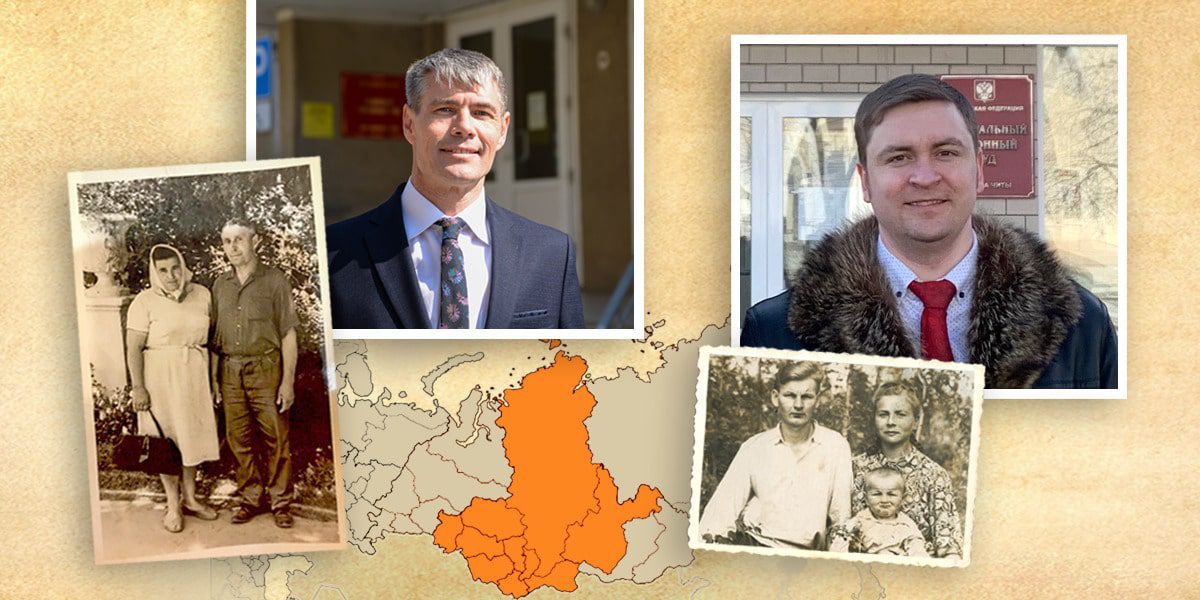“Russia’s war in Ukraine has taken thousands of lives and forcibly displaced millions of people”, the UN chief said. Millions of Ukrainians have lost their livelihoods risk of falling into poverty. The damage and devastation to homes, hospitals schools will take years to rebuild…This is a long road, but it must start now.”
In addition to the UN, international financial institutions such as the European Investment Bank attended the meeting.
On the agenda, projects to promote climate protection, the digital economy and the diversification of energy sources.
FAO aids Ukraine farmers
The development comes as the UN Food and Agriculture Organization (FAO) launched a bid to help Ukrainian farmers save their summer harvest later this month.
The $17 million project, funded by Japan, also aims to support the export of grain to unnamed “alternative” international markets, while also strengthening food security for countries that are dependent on importing Ukrainian cereals, vegetable oil and other commodities.
It involves restoring storage silos for Ukraine’s grain, and also ensuring that the country’s farmers have the tools they need to work in future, FAO said in a statement.
“Ukraine’s farmers are feeding themselves, their communities and millions more people around the world. Ensuring they can continue production, safely store and access alternative markets to sell their produce is vital to secure food availability, protect livelihoods, strengthen food security within Ukraine and ensure other import-dependent countries have a steady and sufficient supply of grain at a manageable cost,” said Rein Paulsen, Director of the FAO Office of Emergencies and Resilience.
Human Rights Council spotlight
Large numbers of civilian casualties and massive destruction to civilian infrastructure caused by the Russian military – and on a much smaller scale by Ukrainian armed forces – are not in compliance with International Humanitarian Law, said UN human rights chief Michelle Bachelet, in a report presented on Tuesday at the Human Rights Council in Geneva.
The report examines the human rights situation in Ukraine from the start of the Russian invasion on 24 February to 15 May.
The findings are based on information gathered by the UN Human Rights Monitoring Mission in Ukraine during 11 field visits, visits to 3 places of detention, and 517 interviews with victims and witnesses of human rights violations, as well as other sources of information.
No access to occupied territory
“While we have yet to be provided with access to territory occupied by Russian armed forces, we document violations of international human rights law and international humanitarian law (IHL) committed by all parties, and we remain fully committed to monitoring the human rights situation across the entire territory of Ukraine”, said the UN High Commissioner.
As of 3 July, OHCHR has documented over 10,000 civilian deaths or injuries across Ukraine, with 335 children among the 4,889 documented as killed. However, the actual figures are likely to be much higher.
“Most of the documented civilian casualties were caused by the use of explosive weapons in populated areas”, said Ms. Bachelet “Shelling from heavy artillery, such as multiple launch rocket systems, and missile and air strikes, including weapons that can carry cluster munitions, were used repeatedly”.
The mass displacement of the civilian population – including over 8 million within the country – has had a disproportionate impact on women, children, older persons and persons with disabilities.
“Concerns persist about unlawful killings, including summary executions”, Ms Bachelet said. “Growing evidence gives my Office reasonable grounds to believe that serious violations of International Humanitarian Law in this regard have been committed by Russian armed forces”.
OHCHR is working to corroborate over 300 allegations of killings by Russian armed forces in situations that were not linked to active fighting.













